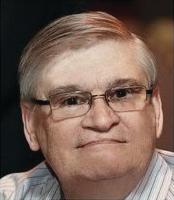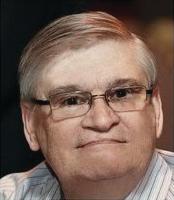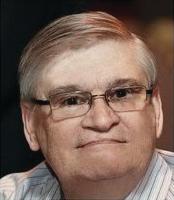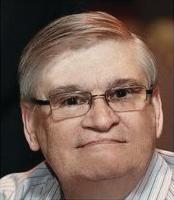I’m a bit disturbed at the recent trend of discouraging people from giving appreciation at work for fear of being misunderstood. How sad.
Dale Carnegie famously suggested in his book, “How to Win Friends and Influence People,” that one should give honest and sincere appreciation, with the operative words being “honest” and “sincere.”
When asked what he was trying to get out of people, his answer was direct and curt.
“If we are so contemptibly selfish that we can’t radiate a little happiness and pass on a bit of honest appreciation without trying to get something out of the other person in return—if our souls are no bigger than sour crabapples, we shall meet with the failure we so richly deserve.”
Could he be clearer?
Avoiding ‘giving to get’
Unfortunately, we often fall into the trap of giving appreciation to get something. Giving to get is a losing game—since we never get what we think we should get.
In contrast, when we give, whether or not we get anything tangible in return, what we will always get is a greater capacity to give.
Author Robert Fritz says, “Manipulation destroys relationships.” And nothing is more manipulative than appreciation given with the motive of getting something in return.
Another losing game is worrying about how others will respond to our praise. Their response is not up to us; it’s their choice and it’s best to deal with situations as they occur. Respond to life as it is, not as you fear or hope it will be.
Dale Carnegie said, “90 percent of what we worry about never happens.” Life is often tough enough without adding the fear of imaginary consequences. And, imaginary fears are worse than real ones because we imagine they’re worse!
A participant in one of our programs said, “I can’t give appreciation to my employees. They'll ask for a raise and I don’t have the money to do that.”
Ask yourself, who is likely to demand raises: those who feel appreciated or those who don’t? (But this is also give to get).
Compensate people as best you can, and leave it at that. Trying to get more out of people through praise is insincere and distasteful.
Tying raises to performance appraisals is also a mistake. Supervisors tend to give higher rating to those they like or think deserve a pay raise, and there goes your objective ratings.
Sincere, Specific Feedback
Let’s choose to be an appreciative person and let the chips fall where they may. For years, I was afraid to give feedback since I was embarrassed receiving praise. I was naïve and projected this on others and thought they would respond the same way.
Once I chose to give appreciation to as many people as possible, my life changed. I asked myself, “I see something here I like, what is it?” Then I verbalized what I saw as specifically as possible.
Instead of, “That’s great!” try giving specific feedback such as, “You handled that customer effectively. It would have been easy to lose your cool, but you stayed calm. We appreciate that, it creates the kind of customer service we want.”
This type of feedback creates the kind of environment most people want and appreciate.
Avoid hollow praise or insincere feedback. As one contestant on “Dancing With the Stars” said to his coach, “Don’t tell me I’m good when I’m not.” As a professional football player, he knows the value of specific feedback in improving his performance.
We can learn a great deal from professionals whose performance improvement is critical to their success. Try praise for praise’s sake, and see what happens.
Dave Mather is a Performance Improvement Specialist at Dale Carnegie Business Group in Toronto.
His columns can be read at ept.ms/dave-mather
Find Dave on LinkedIn.




